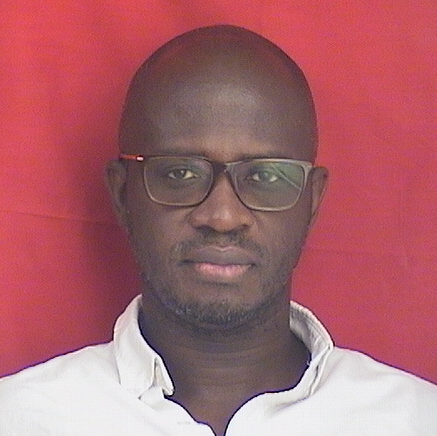Profile
Thaddeus Nkum Manu is a Senior Lecturer at the Faculty of Law, KNUST in Kumasi, Ghana. He is currently the Head of Department for Public Law, having previously been the Head of Department for Private Law. His major research interest concerns the impact of globalisation on international trade and intellectual property. He holds a PhD in Commercial Law from Queen Mary University of London, UK, and has 3 Masters degrees; LLM in Professional Bar Practice from the University of the West England, MBA in Corporate Transformation and Business Venturing from Thames Valley University, UK now, the University of West London and LLM in Globalisation and Economic Integration from the University of East London, UK. Additionally, he has a post-graduate certificate in Teaching and Learning in Higher Education from the University of Hertfordshire. He also studied the Bar Professional Training Course at Bristol Law School, UK (UWE) and LLB (post first-degree) at the College of Law of England and Wales, now, the University of Law, UK.
He has previously held academic positions in the United Kingdom. From 2014 to 2019, he was a faculty member of the Hertfordshire Law School at the University of Hertfordshire where he led and taught on the Law of Torts, Company Law, Commercial Law, International Commercial Law, Intellectual Property Law, Legal Aspects of Supply Chain Management, International Energy Law, International Business Law, and Dissertation at the undergraduate and masters levels. From 2011 to 2014, he was a Tutor for Research Methods and Dissertation on the LLM programme at Queen Mary University of London.
Thaddeus is a Barrister in England and Wales and a Member of The Honourable Society of the Inner Temple. Moreover, he is a Fellow of The Higher Education Academy, UK and an Accredited Civil and Commercial Mediator by the Civil Mediation Council, UK. He is also a member of the Society of Legal Scholars, Chartered Management Institute, UK and an affiliate member of the Chartered Institute of Marketing, UK.
He has published extensively with about 20 articles, mostly targeting the high impact-factor peer-reviewed journals. Notably, 5 of his articles are “4 star rated” per the United Kingdom’s Research Excellence Framework guidelines for being quality, world-leading in terms of originality, significance and rigour.

